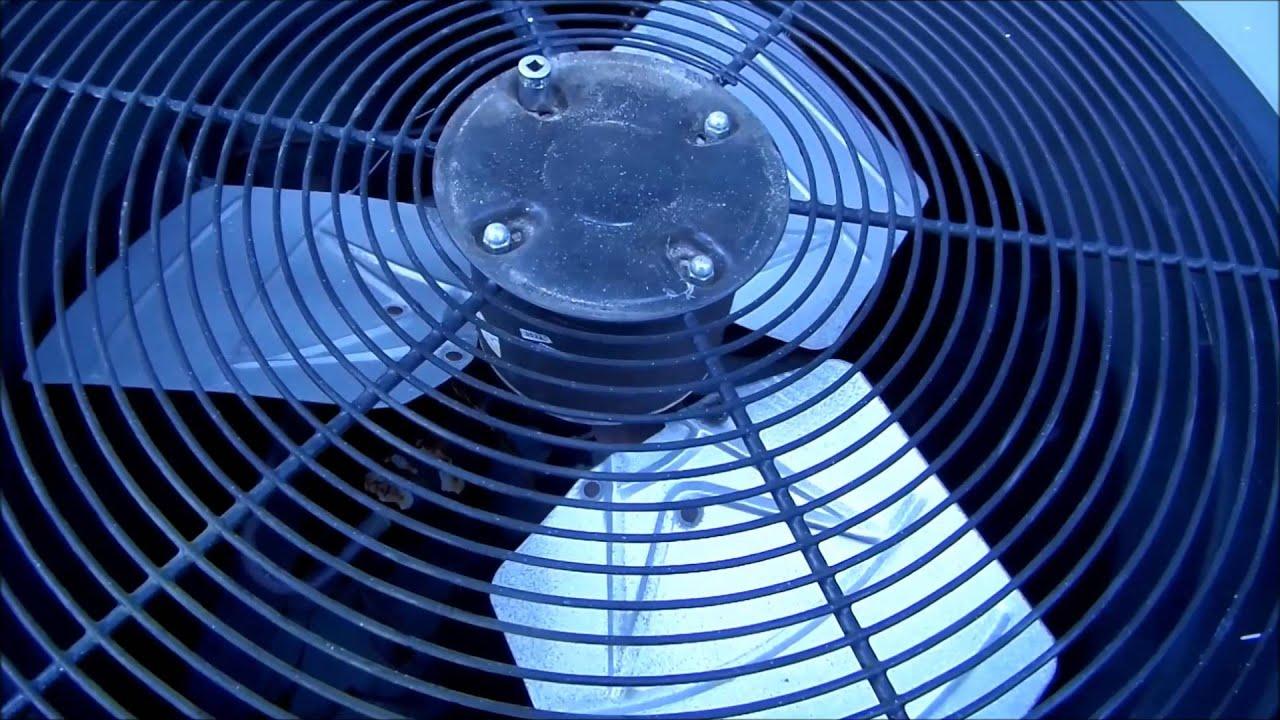
Welcome to the world of HVAC systems, where comfort meets efficiency in managing your home’s heating, ventilation, and air conditioning needs. HVAC stands for heating, ventilation, and air conditioning, and is an essential component in maintaining a comfortable indoor environment throughout the changing seasons. Whether you’re looking to stay cozy during the winter chill or keep cool in the scorching summer heat, understanding how your HVAC system works is key to creating a comfortable living space for you and your family. Let’s delve deeper into the world of HVAC and learn how to optimize your system for maximum comfort and energy efficiency.
How HVAC Systems Work
When it comes to HVAC systems, their primary function is to regulate the temperature, humidity, and air quality within a home. They achieve this through a combination of three main components: the heating unit, the ventilation system, and the air conditioning unit. These components work together seamlessly to ensure a comfortable indoor environment for occupants.
The heating unit is responsible for generating warmth during colder months, utilizing a fuel source such as gas or electricity to produce heat. This heat is then distributed throughout the home via the ventilation system, which consists of ductwork and vents that carry the conditioned air to different rooms. At the same time, the air conditioning unit helps to cool the indoor air during warmer months by removing heat and humidity, providing a refreshing escape from the summer heat.
Overall, HVAC systems function by maintaining a balance between heating and cooling to create a comfortable living environment regardless of the external weather conditions. By efficiently regulating temperature and air quality, these systems play a crucial role in ensuring the well-being and comfort of individuals within a home.
Types of HVAC Systems
When it comes to HVAC systems, there are several main types commonly used in residential and commercial settings. One popular option is the split system, which consists of both an indoor and an outdoor unit. Another common type is the packaged system, where all components are housed in a single unit typically installed outdoors. Lastly, there are duct-free systems, also known as mini-split systems, that are perfect for homes without ductwork.
Each type of HVAC system has its benefits and considerations. The split system is versatile and energy-efficient, making it a reliable choice for many homes. Packaged systems are convenient for smaller spaces or where interior space is limited. Duct-free systems offer flexibility in zoning and temperature control, ideal for customized comfort solutions. Ultimately, choosing the right type of HVAC system depends on factors such as the size of the space, existing infrastructure, and personal preferences.
Benefits of Maintaining Your HVAC System
HVAC service software
Regular maintenance of your HVAC system is vital to ensure optimal performance. By scheduling annual tune-ups, you can prolong the lifespan of your unit and avoid costly repairs down the road. A well-maintained HVAC system operates more efficiently, which can lead to lower energy bills and reduced energy consumption.
Another key benefit of maintaining your HVAC system is improved indoor air quality. Proper maintenance includes changing filters, cleaning ducts, and ensuring proper ventilation. This helps to remove dust, allergens, and pollutants from the air, creating a healthier environment for you and your family.
Additionally, keeping your HVAC system in top shape can enhance overall comfort in your home. A well-maintained system provides consistent heating and cooling throughout your living spaces, helping you stay comfortable year-round. Proper maintenance also helps prevent unexpected breakdowns, giving you peace of mind and uninterrupted comfort.



